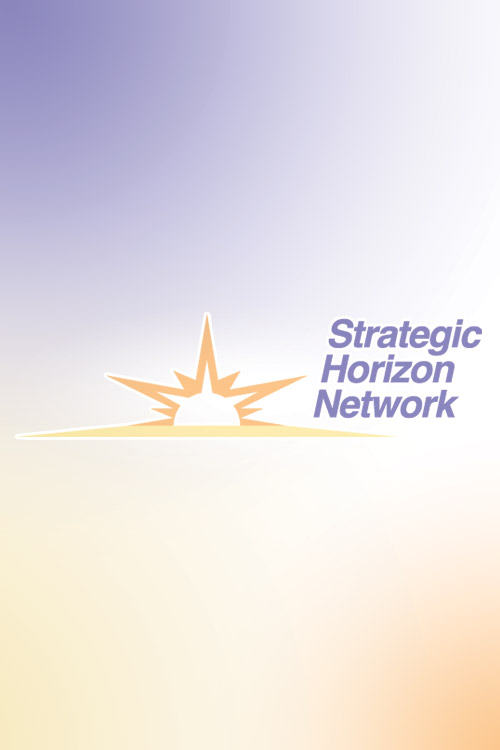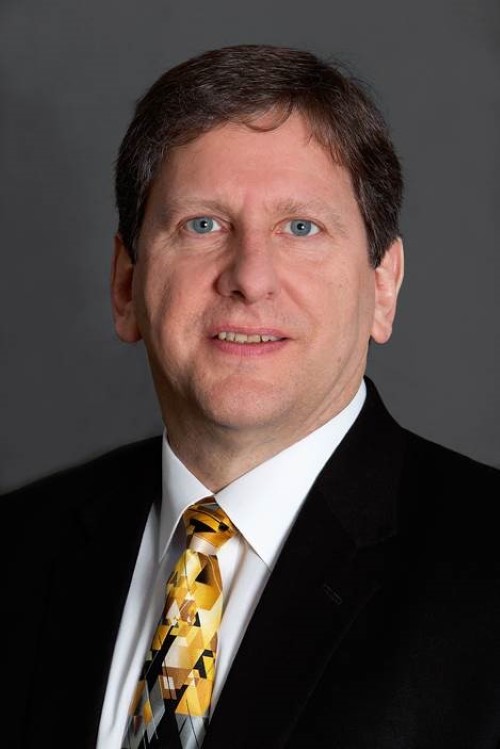Members
SHN: In Remembrance
Dick Alfred, Emeritus Professor of Higher Education
University of Michigan
As a university academic, author, management consultant, and senior administrator in three urban multi-campus community college districts, my outlook on the Strategic Horizon Network was and is influenced by multiple career paths all of which uniquely prepared me to pioneer and be part of a frame-breaking venue like SHN. My role and function in the Network can best be described as an ongoing quest to bring vitality to a continually morphing organization. A brief chronology of the Network will reveal the strategy underlying what we were trying to accomplish when we formed the Strategic Horizon Network.
Getting Underway
The Network did not take shape quickly. It was preceded by three generations of organizations beginning in 1988 with the Community College Consortium--a membership organization which at its peak included 130 community colleges in 21 states. Lacking a programmatic focus sufficient to distinguish it from other organizations, the Consortium morphed into the Consortium for Community College Development (CCCD) in 1994, with a membership base of 75 institutions. CCCD sponsored three institutes annually (Strengthening Leaders, Faculty Development, and Effectiveness and Student Success), and experienced early success through a focus on institutional effectiveness and continuous quality improvement. Over time, however, the responsibility of managing 75 member institutions and developing and operating three annual programs created problems with coordination that could not be easily resolved. Membership began to erode and the message was clear: change or die.
The Consortium for Community College Development was discontinued in 2004 and out of its wake evolved the Strategic Leadership Forum (SLF)—a fledgling organization with twelve charter members and a clear focus—anticipate the future, embrace change, and get to the future first. SLF was the true predecessor to the Strategic Horizon Network and it was a joy to create and energize. It evolved through telephone conversations with three presidents who were staples of our work with community colleges—Roy Church, David Hartleb, and Tom McKeon. Our purpose in talking with these leaders was to sound out key constructs that would create and drive SLF. Pat Carter and I vividly remember describing the idea and supporting rationale to each leader and after five minutes of listening, each saying ‘Let’s do it.’ SLF was off and running with two colloquia per year on site with profit- and non-profit organizations at the cutting edge of innovation in the worlds of business, health and education. The Strategic Horizon Network as we know it today was a natural outgrowth of the Strategic Leadership Forum as membership changed over time.
Rocking and Rolling
When SLF got rolling in 2004, the excitement of idea co-creation among teams from twelve participating institutions was palpable. Great ideas were floated and quickly moved into action programs that carried SLF and its successor organization SHN on a twelve-year run that continues today. Consider the topics and organizational site visits that have been part of this run:
- Strategic thinking
- Change/ change management
- Value creation
- Organizational capacity
- Sustainability
- Abundance
- Complexity
- Design thinking
- Transformationv
- Performance appraisal
- High-performing organizations
- Disruptive innovation
- Cultural transition
The organizations we visited and learned from in order to build capability in these topic arenas were none other than Honda, Marriott, Midwest Express Airlines, Caritas Christi Health Network, Caterpillar, IDEO, SAS, Disneyland, Grumman-Northrop Aviation, University of Phoenix, C.S Mott Childrens’ Hospital, Whole Foods, REI, Barnes and Noble, Zingerman’s, Menlo Innovations, Mercy Healthcare System Proctor and Gamble, and a host of organizations recognized as leaders in innovation. The Horizon Network was rolling and its past became prelude to its future.
Reaching to the Future
As a university academic with deep ties to practice, breaking research, and ideas from colleagues who are at the top of their fields, I have been privileged to be part of the Strategic Horizon Network. I have had the opportunity to work with gifted colleagues in a venue where risk is readily embraced, new ideas come forward and take flight quickly, and change is the mantra. Where else would one have the opportunity to advance whackydoodle ideas about the future with an audience inclined to act on some of them?
What does the future hold for the Strategic Horizon Network? It is positioned for growth and change through a deep-seated core of continuing member institutions led by strong presidents and executive teams and new members ready to embrace the change mantra. The Network will continue to take on new life simply because it only knows life on the edge. And hopefully it will always be this way. Live on the edge, embrace it, and thrive on it—that is the road to the future.
What if a group of independent colleges came together to intentionally develop a true learning Network? What can happen?
- Discoveries lead to ideas that become experiments that have a truly positive impact on aspect of each college’s performance.
- Colleagues connect across colleges to create an invaluable resource base for collaboration, support, idea sharing and encouragement.
- Egos and position titles are put aside as successes and disappointments are shared and examined through the multiple lenses that cross college participation provides.
- Leadership emerges at all level of the institution as individuals feel empowered to experiment with innovation.
- The impact of impending changes and challenges is offset through the discovery of imbedded opportunities.
- The learning agenda becomes an exciting and organic adventure that infuses the Network with an ever-evolving, exciting experience of discovery.
- A fascinating and powerful example of how collaborative learning can support collective and individual development, innovation, and positive institutional growth.
It has been a privilege and a pleasure to be a part of the Strategic Horizon Network and the experience has been the hallmark of my career.
 The Strategic Horizon Network has made a significant impact on MVCC - from the Colloqiua experiences to the insights and emerging practices gained from interactions with network colleagues, the Network can be felt in many visible ways. A few artifacts that would not exist today if not for our SHN membership include:
The Strategic Horizon Network has made a significant impact on MVCC - from the Colloqiua experiences to the insights and emerging practices gained from interactions with network colleagues, the Network can be felt in many visible ways. A few artifacts that would not exist today if not for our SHN membership include:
- updated strategic planning process
- development of the Fablab connected to the MIT international fablab network
- use of Gallup Strengthsfinder for all students and 70% of full-time employees
- development and support of self-directed teams
- use of appreciative inquiry
- creation of HawkVision (futures council)
- participation in the Achieving the Dream Network
In addition to these tangible elements at the College, perhaps the biggest benefit has been the participation of more than 40 faculty and staff in SHN experiences that have increased connections, collective thinking, creativity, and future-focus mindset that surfaces in unexpected places during meetings and conversations.
Areas of expertise: Strategic planning, organizational change and organizational culture

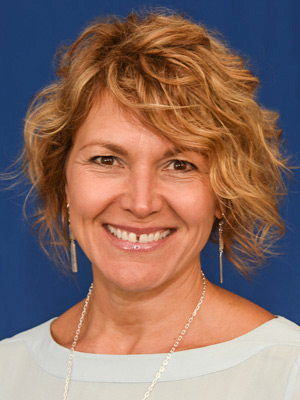
During my tenure at MVCC, I've had the wonderful opportunity to participate in several SHN colloquia. As an employee participating in the process, these bi-annual gatherings generate a great deal of excitement. The anticipation of being invited to such an extraordinary learning opportunity surpasses any other professional development experience I've encountered. And once you've attended, you really understand just how powerful this unique experience is for network participants. Now, as a co-facilitator, I'm equally thrilled to begin to participate in the design discussions, while also helping facilitate exceptional experiences for future participants from our network colleges.

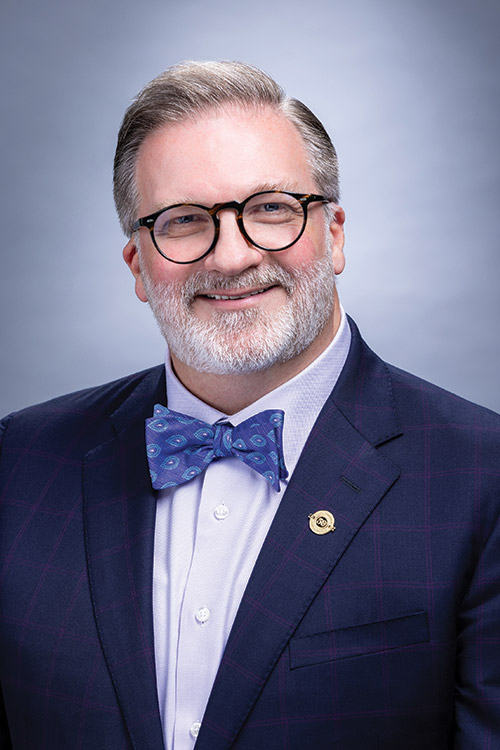
Dr. Russell Lowery-Hart serves as the ninth Chancellor for Austin Community College District. Russell's leadership is centered around the concept of LOVE, with a dedicated focus on enhancing student success through systemic and cultural transformation. At SHN, I leverage my futuristic vision and collaborative leadership style to build bridges between what is and what could be. I bring a strong background in transformation, student success, and operational effectiveness and alignment. SHN has the potential to help us all reimagine what higher education could and should look like. The future before us is daunting and exciting. SHN institutions, and SHN leaders, are committed to improving our current operations while reimaging teaching and learning systems and structures.
Areas of Expertise: Transformational leadership, organizational systems change, leadership development, student success, basic needs systems, values identification and implementation, workforce partnership integration, cross-functional team development.

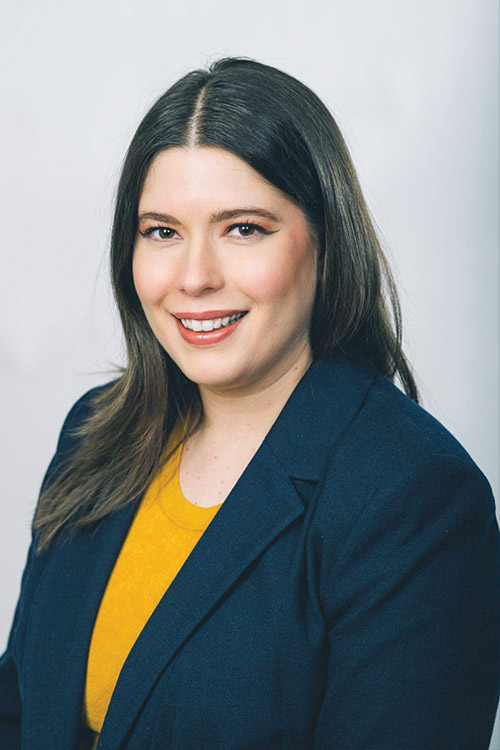
As the Head of Product at Austin Community College District (ACC), I bring extensive experience in strategic planning, business development, and program development to the Strategic Horizons Network (SHN). At ACC, I lead initiatives in tech and entrepreneurship, identifying opportunities and forming strategic partnerships. My role involves organizing talent to work from a position of strength and advancing initiatives beyond pilot stages. At SHN, I will leverage my expertise in strategic vision and operational execution to drive innovation. My focus on cross-functional leadership ensures alignment between SHN's mission and growth opportunities. By establishing external collaborations and alliances, I will enhance SHN's visibility and influence in academia and industry, positioning the network at key conferences and events.
I bring a strong background in stakeholder engagement and talent management, developing systems and processes that enable significant growth and operational effectiveness. My commitment to transformational leadership ensures impactful outcomes, with a focus on monitoring and measuring returns on investments. Additionally, I am dedicated to fostering a diverse, equitable, and inclusive workplace, building high-performing teams that drive SHN's mission forward.
As a continuous learner, I stay at the forefront of industry trends and innovations, ensuring that SHN remains a leader in educational excellence. Together, we will create environments where students thrive and institutions excel, pushing the boundaries of what is possible in higher education.
Areas of expertise: Transformational Leadership, Strategic Advising, Capability Building, Cross-Functional Leadership, Diversity and Inclusion, Business Development, Product Management, Stakeholder Engagement, Operational Effectiveness, Goal Setting, Performance Metrics, Business Transformation, Organizational Policies, Risk Management, Technology Innovation, External Collaborations

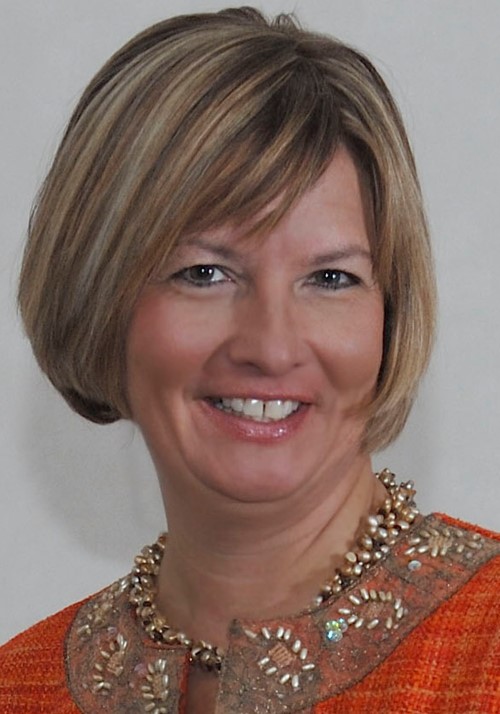 Lorain County Community College has participated as a learning organization with the Strategic Horizon Network (SHN) for more than 20 years. The impact of SHN reverberates across our College as the LCCC SHN team has infused and built upon the discoveries and takeaways from the network colloquiums. Evidence of these learnings emerge in LCCC’s strategic visioning process and the living document, fostering in-depth community partnerships, valuing our people, and living our internal brand. Engaging with organizations from outside of higher education has been one of the most worthwhile strategies in developing our campus culture and achieving our priorities and initiatives. SHN has pushed our boundaries and its outgrowth is the creation of itself -- a highly-engaged network of like-minded, innovative, learning organizations which are the Strategic Horizon Network.
Lorain County Community College has participated as a learning organization with the Strategic Horizon Network (SHN) for more than 20 years. The impact of SHN reverberates across our College as the LCCC SHN team has infused and built upon the discoveries and takeaways from the network colloquiums. Evidence of these learnings emerge in LCCC’s strategic visioning process and the living document, fostering in-depth community partnerships, valuing our people, and living our internal brand. Engaging with organizations from outside of higher education has been one of the most worthwhile strategies in developing our campus culture and achieving our priorities and initiatives. SHN has pushed our boundaries and its outgrowth is the creation of itself -- a highly-engaged network of like-minded, innovative, learning organizations which are the Strategic Horizon Network.
Areas of Expertise: Strategic Planning, Leadership Development, Resource Development, Partnerships, Performance-Based Funding, Pathways

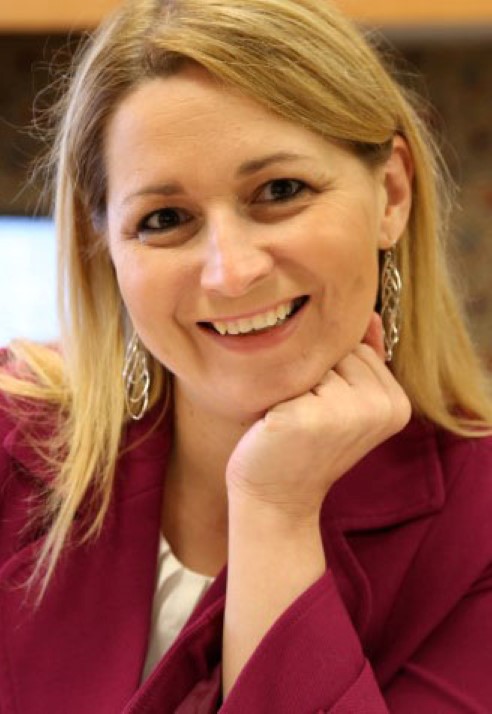
SHN provides incredible opportunities to stretch our thinking as it relates to the strategic direction of our colleges. We've been introduced to many new methodologies, systems and ideas that we've brought back to our campus. SHN keeps our eyes focused on the future and where we need to take our institutions and what to expect.

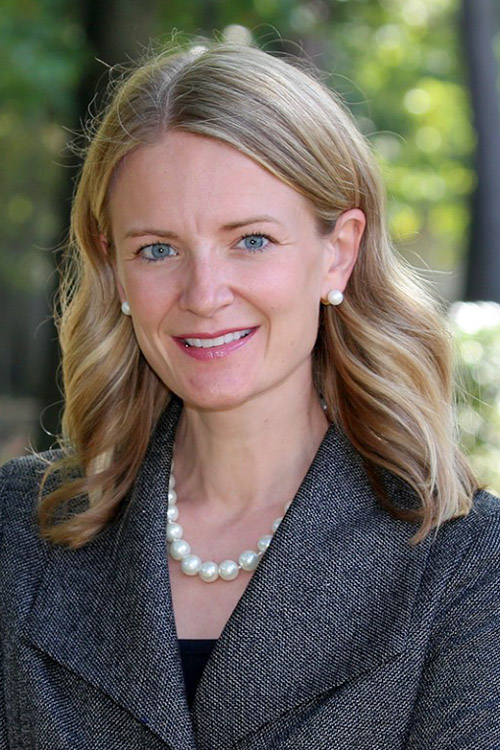
SHN creates an environment of innovation, excitement, and camaraderie. It is rare to have the opportunity to connect and collaborate with like - minded individuals from institutions that also have shared missions and goals. No topic or idea is "too big" for SHN, which allows for forward-thinking discussion and openness to learning from both higher education peers and industry experts. The Network embraces learning from the "outside" and experimenting with ideas, philosophies, and expertise from organizations, industries, and companies external to higher education – a refreshing and reinvigorating approach!
Equally important, SHN provides you with trusted colleagues, friends, and confidants - relationships that last far beyond the actual conferences themselves. BC3 is incredibly proud to be a part of this network!

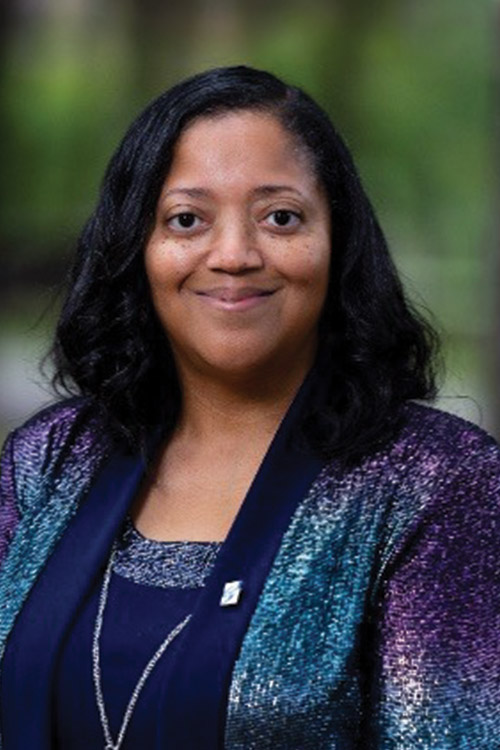
Staying current with trends in higher education is crucial for colleges and universities, especially for smaller rural community colleges, as it enables them to remain relevant, competitive, and responsive to the evolving needs of students, employers, and society at large. By keeping abreast of emerging trends, institutions can proactively adapt their programs, services, and policies to align with industry demands, technological advancements, and pedagogical innovations.
The Strategic Horizons Network remains at the forefront of trends in higher education through a dynamic and proactive approach to staying current. The network employs a multifaceted strategy that includes regular engagement with industry experts, thought leaders, and educational stakeholders to gather insights and foresights on emerging trends and best practices in higher education. By fostering a culture of innovation, experimentation, and agility, the Strategic Horizons Network empowers its members to stay ahead of the curve, embrace new methodologies, and implement cutting-edge solutions that propel their institutions forward in a rapidly evolving educational environment.
SHN provides a platform for direct engagement with peers who share similar contexts and constraints, fostering a sense of camaraderie, shared experiences, and belonging.

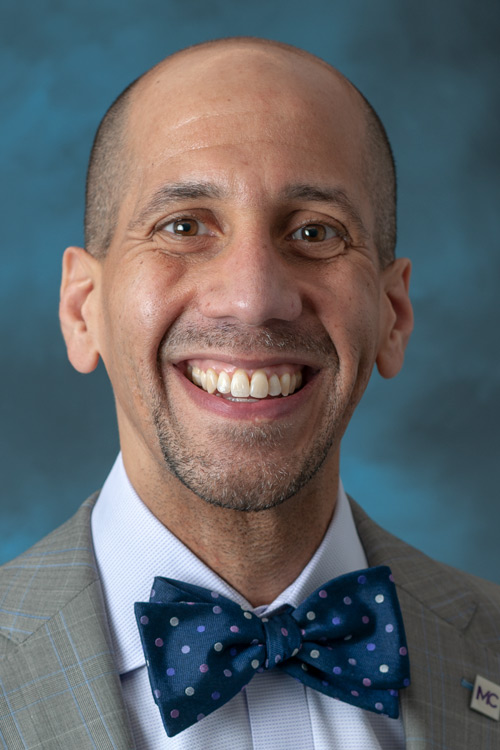
Dr. Jermaine Williams has been appointed as President of Montgomery College, February 28, 2022.

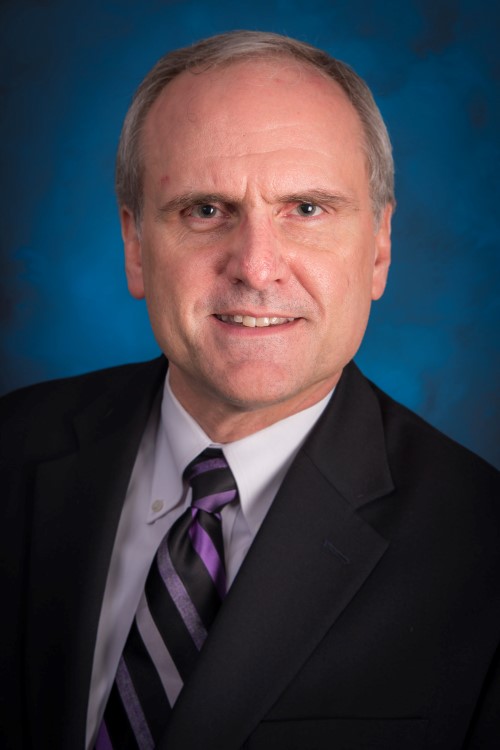
My experience with the Strategic Horizon Network has been professionally enriching and invigorating. I am the chief of staff and chief strategy officer for the president at Montgomery College. Some of my major responsibilities involve long-range planning about issues that impact student success at the College, including closing the achievement gap, improving technology use, increasing efficiencies in administration, managing large data collection processes, keeping student costs down, managing communications with internal and external stakeholders, and more.
The SHN design team has been valuable in enabling me to assess the progress of my institution in ways that are meaningful for internal decision-makers while also satisfying external regulators and stakeholders with distinct interests. I have found the meetings of the SHN partners to be lively, informative, and expansive to traditional ways of thinking about complex problems at my institution and within higher education more broadly.
Strategic planning is one of the most challenging yet meaningful processes in which an institution engages. SHN’s collaborators provide valuable feedback to one another about how their own experiences might illuminate a challenge faced by another college. We found this to be the case when, facing a significant budget shortfall, we had to make some unpopular cuts. We reached out to three SHN partners who had faced similar challenges. Each one answered our request and produced a short video about their successes in managing similar fiscal challenges. We showed all three videos as part of our president’s annual speech in which she rolled out our new “Spending for Student Success” plan. The narratives captured by our colleagues were very helpful in communicating to our employees and college community that we are not alone in our struggles, and that strategic controls on spending can actually have positive, long-term outcomes. I am deeply grateful for the contributions of the SHN to Montgomery College and I hope that the experience we bring to the table is equally useful to our partners.

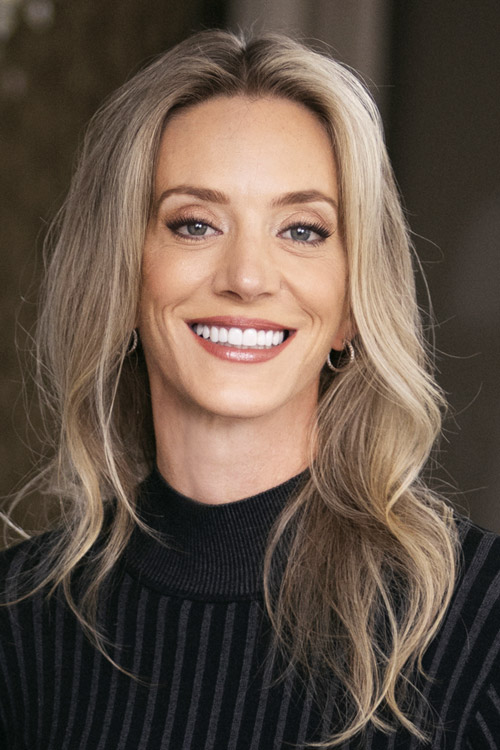
Shaunda Richardson-Snell, born and raised in Genesee County, Michigan, is an enterprise leader and entrepreneur with more than 25 years of global, multi-industry leadership and financial management experience in both the non-profit and for-profit sectors.
In May 2025, the Mott Community College Board of Trustees appointed Richardson-Snell as President of Mott Community College (MCC), after she served as Interim President for nearly a year. In this exciting role, she is delighted to be back home, investing in the education of our next generation and furthering community development efforts. Ms. Richardson-Snell is leading MCC with an unwavering focus on the creation of an "Extraordinary Student Experience". She collaborates with the secondary and higher education institutions, area businesses, local, state and federal government, non-profit organization and the faith-based community to promote MCC for current and prospective students. Ms. Richardson-Snell is also committed to developing highly effective and productive relationships with the Board of Trustees and union leadership. Ms. Richardson-Snell embodies an entrepreneurial spirit that is coupled with the courage to take measured risks and engage best practices and data-driven decision-making to improve student support services, campus facilities and academic programming. While graduating with MCC credentials is an important milestone, she defines true student success as enabling seamless pathways to living wage paying jobs by ensuring MCC certification and degree programs meet the talent needs of the current and future job markets.
Ms. Richardson-Snell has held numerous executive leadership and finance positions at General Motors, TI Fluid Systems, Trinity Health and Delphi Corporation where she was intricately involved in the company's infamous Chapter 11 restructuring process. Prior to her present role, she founded Aquila Advisors, a boutique corporate advisory firm offering tailored financial strategy solutions to key stakeholders.
Ms. Richardson-Snell holds both a Master of Business Administration and a Bachelor of Business Administration from the University of Michigan-Flint, received certification from Northwestern University, Kellogg School of Business in "Reinventing Leadership" and is a Certified Treasury Professional (CTP).

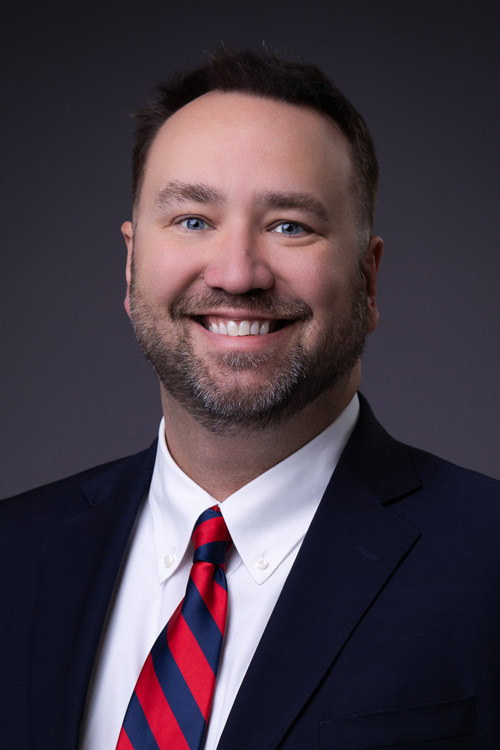
Marcus Matthews currently serves as the Associate Vice President and Chief of Staff at Mott Community College. With over 17 years of experience in higher education, he has held leadership roles at both public and private institutions, overseeing workforce development, corporate services, student employment, and economic development initiatives. Dr. Matthews has a proven track record in strategic planning, partnership development, grant acquisition, and program implementation. He holds a BS from Grand Valley State University, an MSA from Central Michigan University, and an EdD in Community College Leadership from Ferris State University.

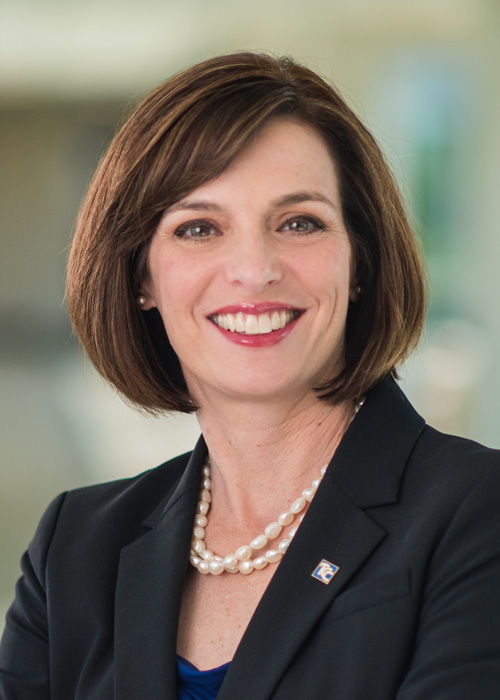
Our mission at Tulsa Community College is "Building Success through Education." Everything we do has the ultimate goal of helping our students and community meet their goals. The last five years at TCC saw the creation of a more student-focused, more efficient organizational infrastructure, and a shift in thinking for TCC employees. A comprehensive strategic plan, college-wide reorganization, and acceptance into the Pathways program in 2015 set in motion a revitalization at the College. The years that followed included a successful 20-million-dollar capital campaign, historic investments in student advisement services improving our student to advisor ratio from 1044:1 to 300:1, and clear prioritization of equitable student outcomes just to name a few. Since 2015, we have seen a 20.9% increase in credentials awarded.
As the 2015 strategic plan nears its completion, and we celebrate our 50th anniversary, we are ready to tackle, in even bolder ways, the barriers we know to be so critical to our students. With the planning and construction of student success centers on all four main campuses well underway and the momentum of the success we have already seen, we will do all in our power to see every student to and through. Every day we continue to strive for- and achieve- our vision of an educated, employed, and thriving community.
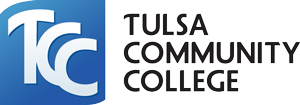
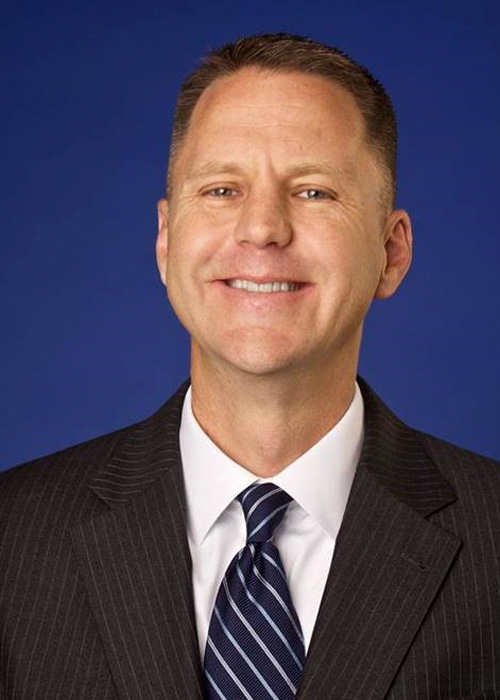
Strategic Horizons Network is truly a one-of-a-kind experience where diverse leaders from across the country are able to "leave their titles at the door" and engage with each other in authentic dialogue, peer mentorship, and disruptive thinking all with a common purpose: to ensure each respective college is serving students to the absolute best of their ability. The Network also exposes and connects its membership with some truly remarkable leaders and trailblazing organizations from sectors outside of traditional higher education. All of this helps to challenge our status quos and requires that we continually assess ways in which we may be able to reinvent ourselves in order to better serve students. For Tulsa Community College this means our students will benefit from both the successes and lessons learned from some of the best colleges, entrepreneurs, and thought leaders at a national level.

